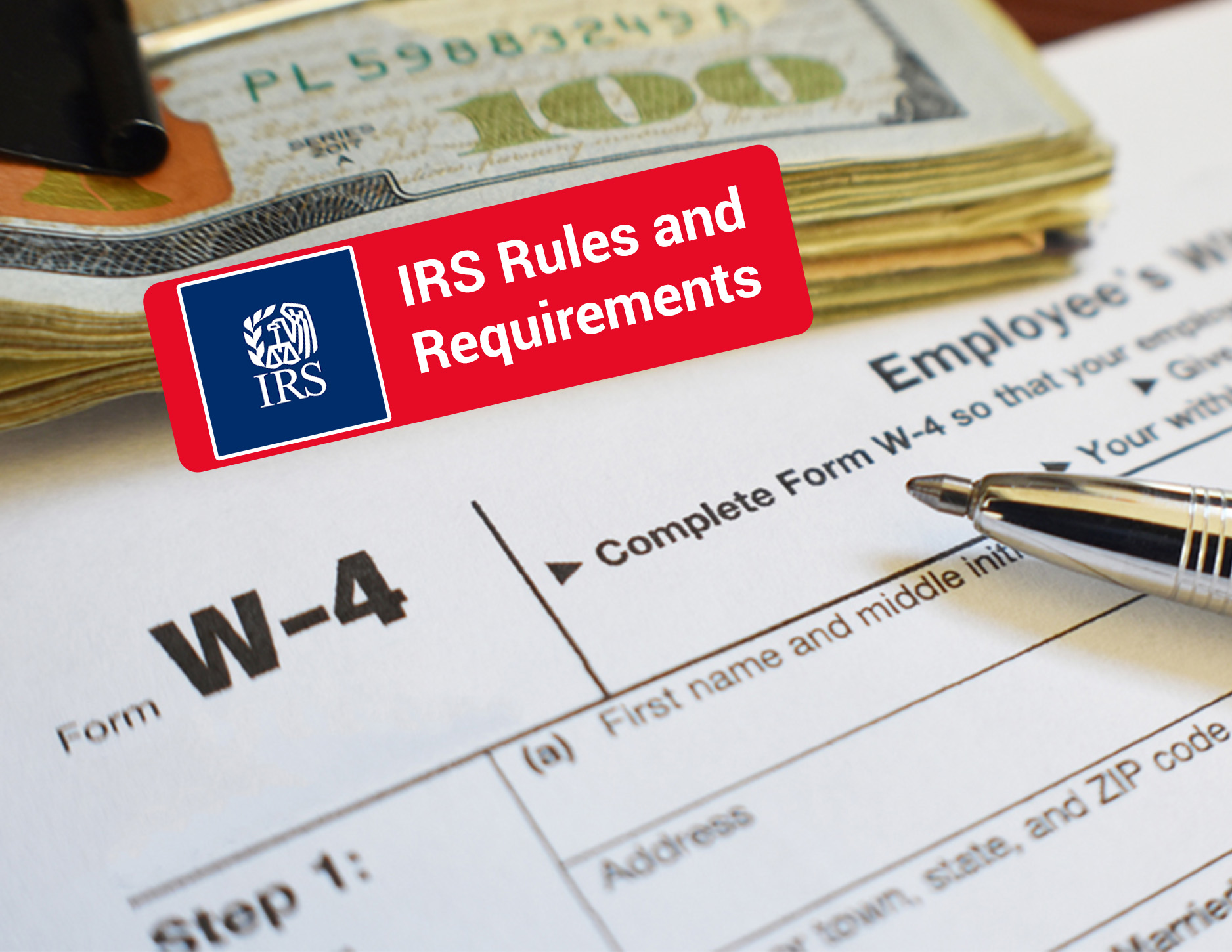Stay Ahead Learn from the Best
Start Learning Now
 15% OFF on all Webinars
15% OFF on all Webinars
How Its Works?
1
Create Your Free Account
Sign up quickly using your email or social login.
2
Explore Courses & Webinars
Join classes, learn at your pace, and earn certificates.
3
Enroll & Start Learning
Join classes, learn at your pace, and earn certificates.
Upcoming Webinars
Webinar Categories
Simplified Online Learning
Empower your team with simplified online training designed to build skills, boost productivity, and drive real business growth.
Expert-Led Online Sessions
Flexible Learning Options
Career-Boosting Certifications

Our Accreditation Partner
Our trusted accreditation partners ensure our webinars meet industry standards, providing you with recognized and valuable certifications.
Success
Stories
Stories


Membership Plans
Regular
$299
3 Months
Includes
- 5 Live + Recording
- E-Transcript of Webinars
- Download Access of Webinars
- CEU Credits (SHRM & HRCI)
- Certificate of Participation
- Course Materials (PDF Material)
Plus
$499
5 Months
Includes
- 5 Live + Recording
- E-Transcript of Webinars
- Download Access of Webinars
- CEU Credits (SHRM & HRCI)
- Certificate of Participation
- Course Materials (PDF Material)
Standard
$799
7 Months
Includes
- 7 Live + Recording
- E-Transcript of Webinars
- Download Access of Webinars
- CEU Credits (SHRM & HRCI)
- Certificate of Participation
- Course Materials (PDF Material)
MOST POPULAR
PURCHASE PLAN
Business
$999
12 Months
Includes
- 10 Live + Recording
- E-Transcript of Webinars
- Download Access of Webinars
- CEU Credits (SHRM & HRCI)
- Certificate of Participation
- Course Materials (PDF Material)
Still confused about choosing a right plan for you, Let us help you







.jpg)










